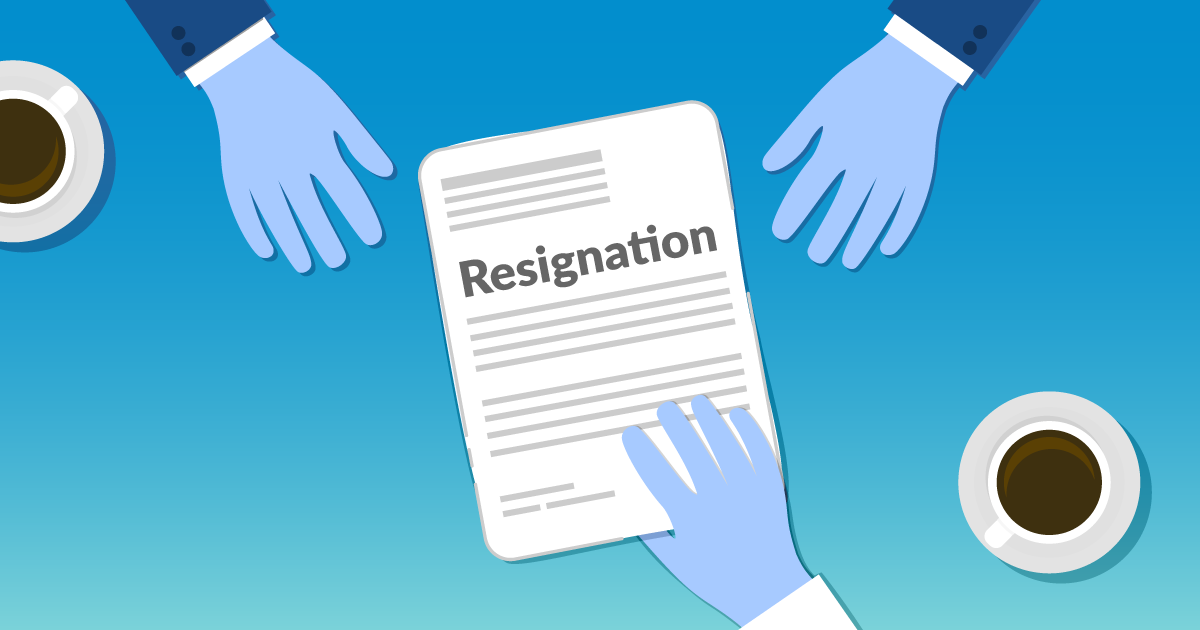Resigning from a job is often challenging, but when frustration has built up, it can feel nearly impossible to leave gracefully. Many employees eventually reach a point where they feel fed up—whether due to workplace culture, management style, or job dissatisfaction. In such moments, it may be tempting to walk out abruptly or write an emotional letter. However, burning bridges can harm your career in the long run.
Instead, using a fed up resignation letter sample can help you express your decision firmly, but still maintain professionalism. This way, you protect your reputation, exit with dignity, and leave the door open for future opportunities.
Why You Should Avoid an Angry Resignation
When you feel fed up, it’s natural to want to vent your frustrations in writing. However, an angry resignation letter can have lasting consequences. Employers may share feedback with future references, and colleagues may remember the negativity rather than your contributions.
A professional resignation letter ensures:
- Reputation Protection – You avoid being labeled as unprofessional.
- Networking Opportunities – Former colleagues remain valuable contacts.
- Career Longevity – Future employers may contact past supervisors for references.
Even if your workplace has been difficult, maintaining composure is always in your best interest.
Key Elements of a Professional “Fed Up” Resignation Letter
When writing a resignation letter under stressful circumstances, keep it professional and concise. Your letter should include:
- Clear Statement of Resignation – Mention your job title and last working day.
- Brief Acknowledgment – Express gratitude for opportunities, even if limited.
- Neutral Tone – Avoid blame, negativity, or complaints.
- Transition Offer – If possible, offer to assist with the handover.
- Professional Closing – End respectfully, regardless of your frustrations.
Fed Up Resignation Letter Sample
Here is a professional template you can adapt:
[Your Name]
[Your Address]
[City, State, ZIP Code]
[Email Address]
[Phone Number]
[Date]
[Manager’s Name]
[Company Name]
[Company Address]
[City, State, ZIP Code]
Dear [Manager’s Name],
I am writing to formally resign from my position as [Your Job Title] at [Company Name], with my last day of employment being [Last Working Day, e.g., two weeks from today].
While this has been a difficult decision, I believe it is the best step for me at this point in my career. I am grateful for the opportunities I have had to contribute to the team and develop my skills during my time here.
I will do my best to complete current tasks and assist in the transition of responsibilities to ensure a smooth handover. Please let me know how I can best support this process.
Thank you for the experiences I’ve gained while working at [Company Name]. I wish the company continued success in the future.
Sincerely,
[Your Signature]
[Your Printed Name]
Tips for Resigning When You’re Fed Up
If you feel overwhelmed by frustration, here are strategies to help you quit professionally:
- Pause Before Writing: Draft your letter after you’ve cooled down to avoid emotional language.
- Keep It Short: The less detail, the less chance of saying something you’ll regret.
- Focus on the Future: Frame your resignation as moving forward, rather than escaping negativity.
- Speak Calmly in Person: Deliver your letter in a meeting with your manager, staying polite and firm.
- Avoid Social Media Rants: Complaining publicly may damage your reputation permanently.
Alternative Short Fed Up Resignation Letter Sample
If you want a very concise version, here’s another option:
Dear [Manager’s Name],
Please accept this letter as formal notice of my resignation from my position as [Job Title], effective [Last Working Day]. I appreciate the opportunities I have had during my time here and wish the team continued success.
Sincerely,
[Your Name]
This version is minimal but professional—ideal if you prefer not to elaborate.
Final Thoughts
Feeling fed up at work is never easy, but how you handle your exit defines your professionalism. Writing a respectful resignation letter—even when you are frustrated—ensures you leave with dignity and safeguard your career reputation.
Using a fed up resignation letter sample provides a ready-made structure to help you communicate clearly without letting emotions take over. Remember, quitting a job doesn’t just close one chapter—it also opens the door to new opportunities. Leaving on good terms, even when you’re unhappy, is always the smarter choice.

Leave a Reply